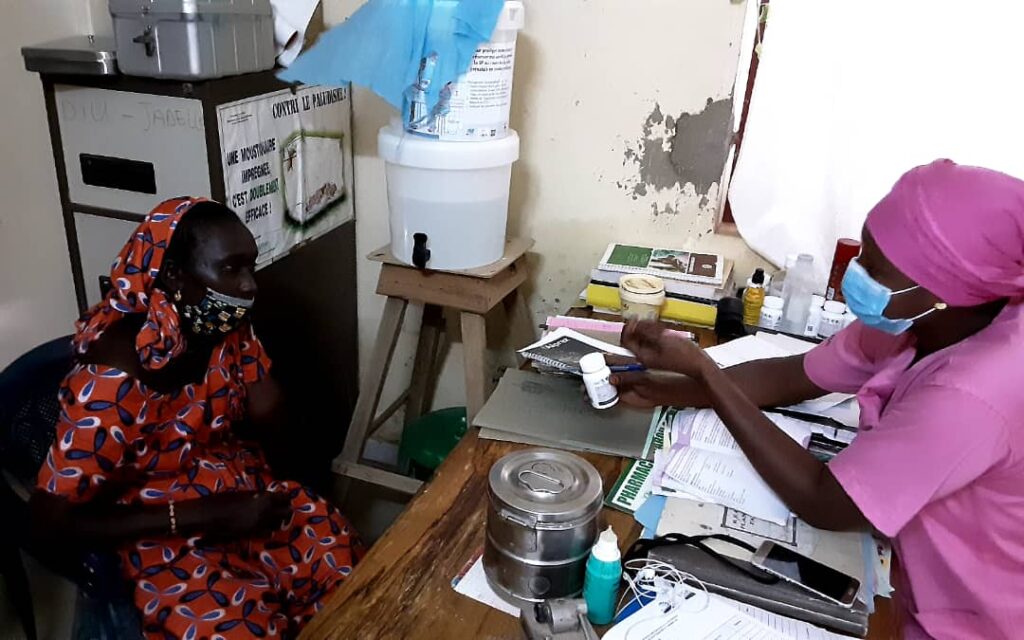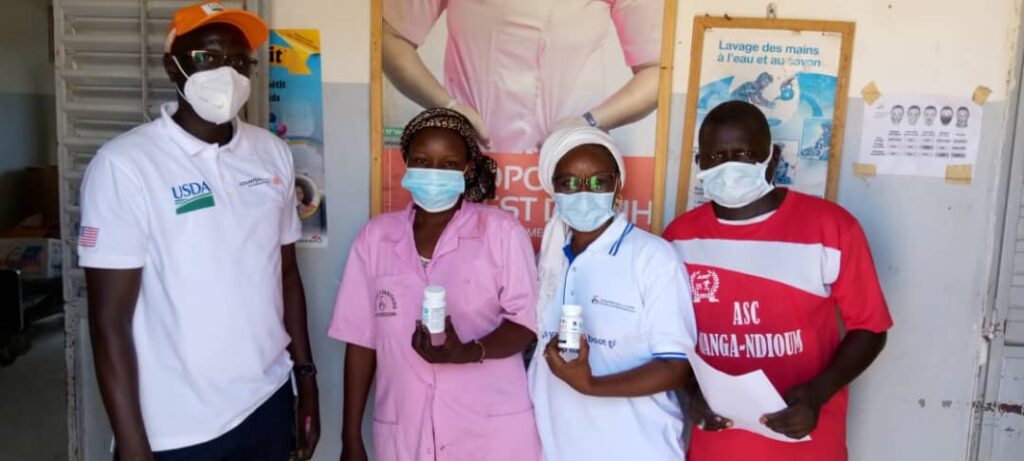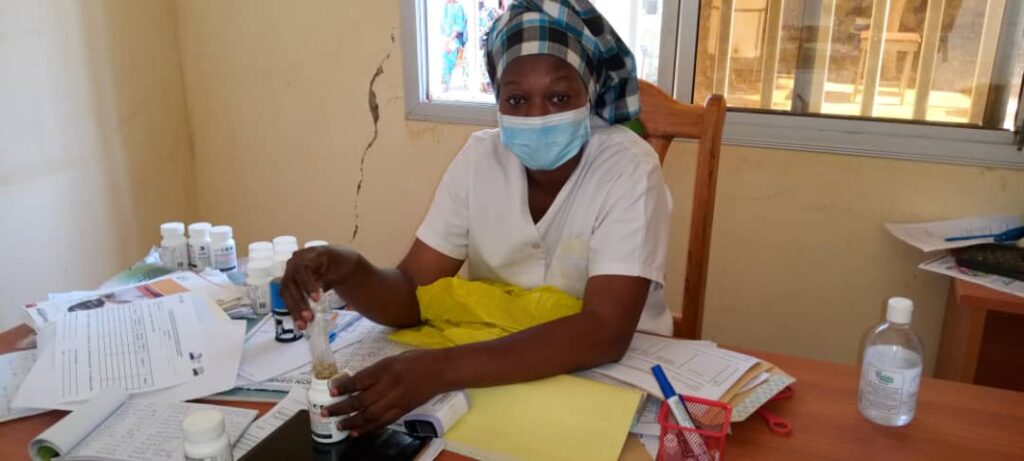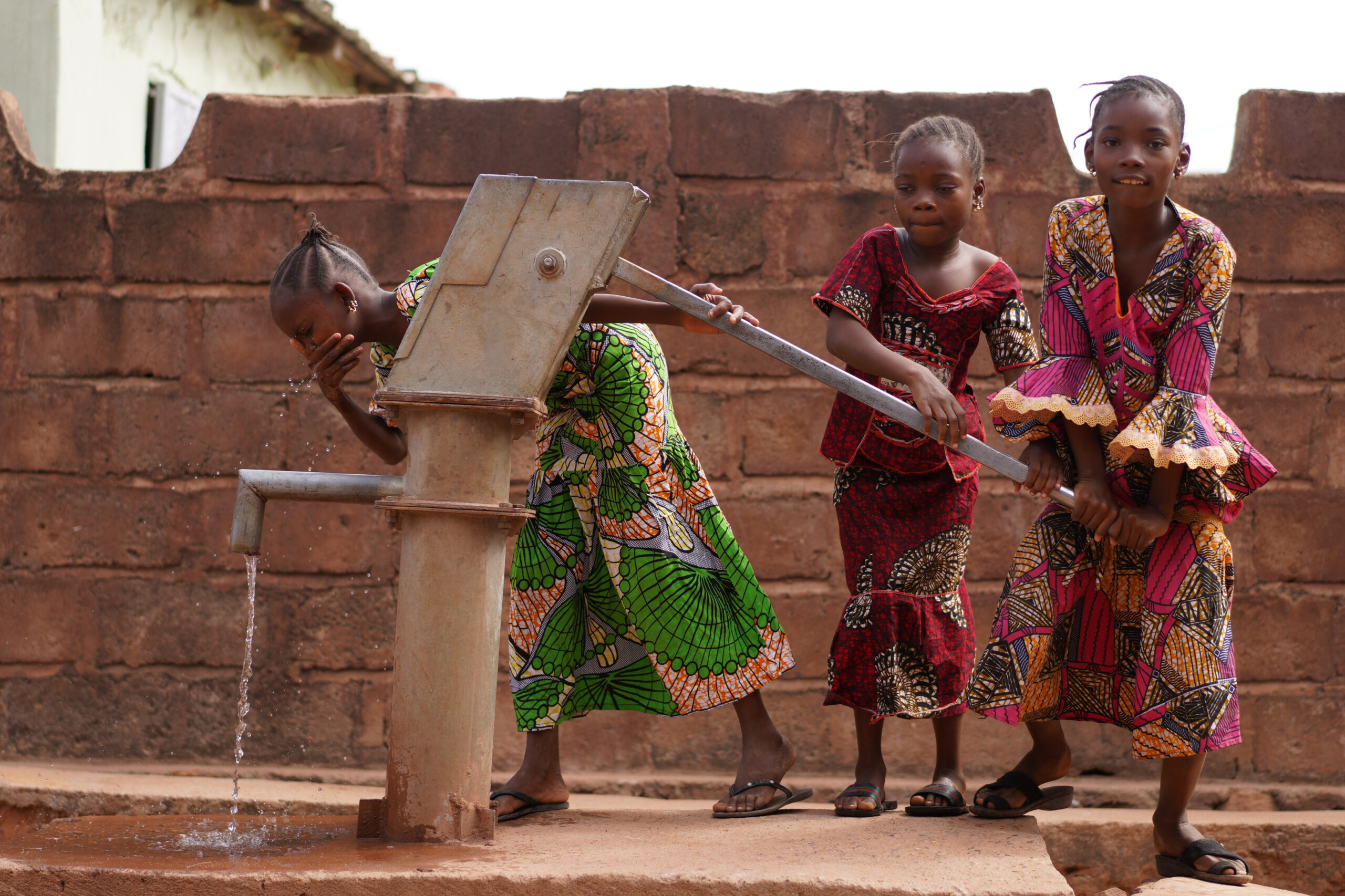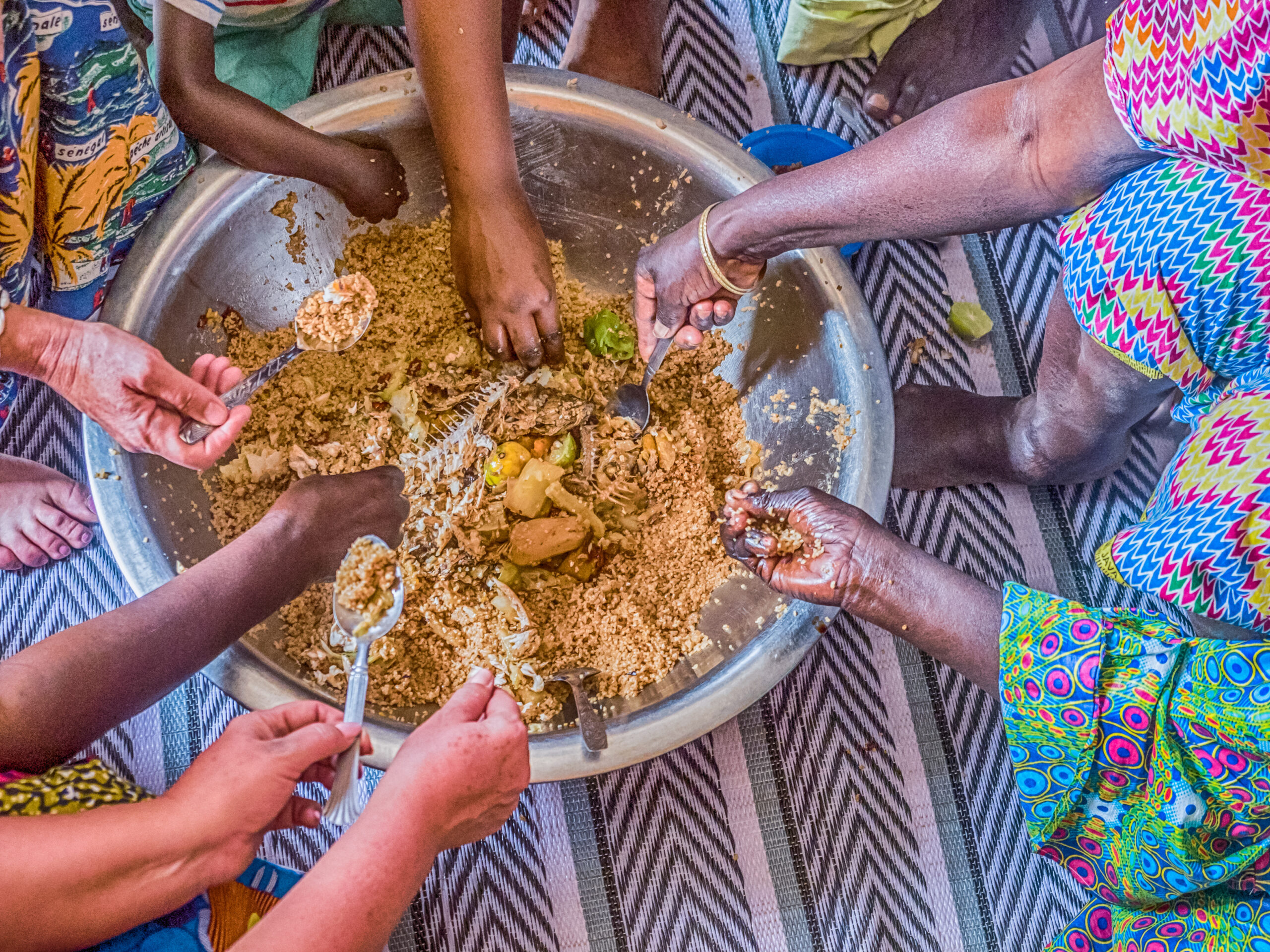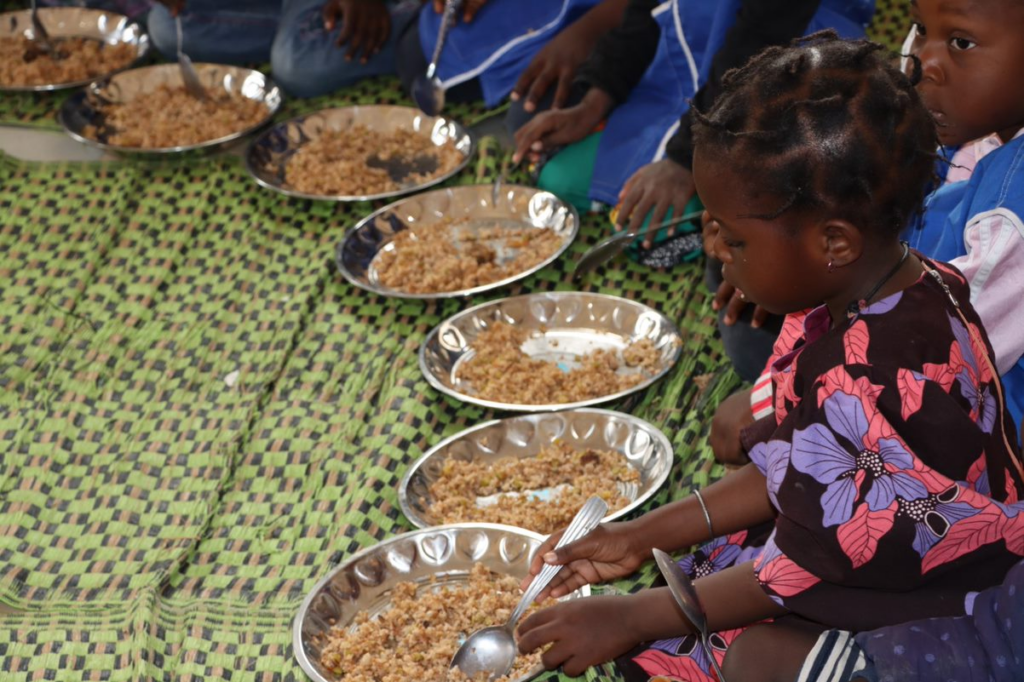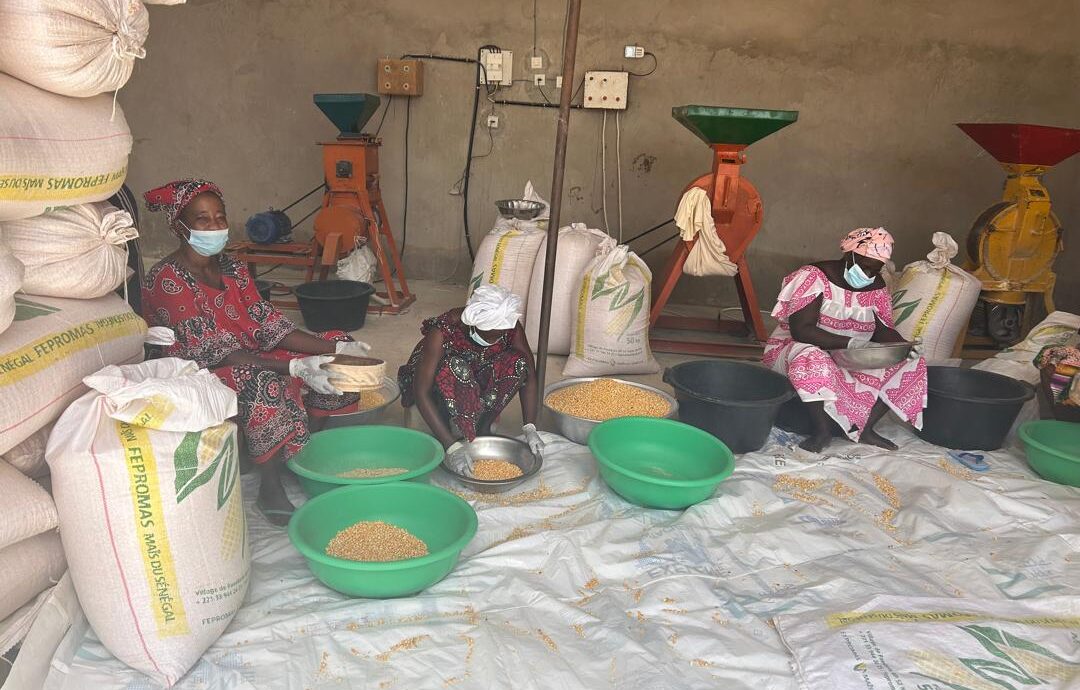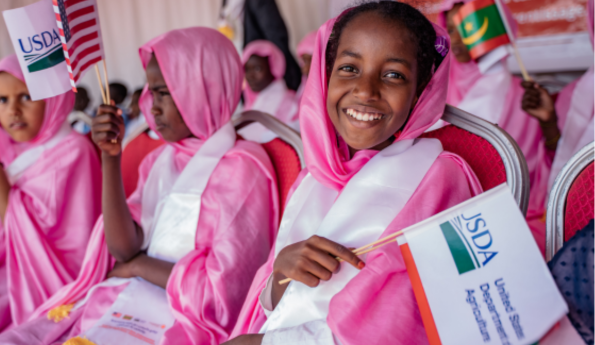The right to health. Ensuring everyone, everywhere has access to the health services they need, when and where they need them, is a fundamental challenge for humanity, especially when it comes to women.
The pandemic has revealed that comorbidities of poor health and the lack of a healthy environment and preventative mechanisms are all factors favoring complications and death linked to COVID-19 infections. Pregnant women are especially vulnerable.
In Senegal, micronutrient deficiencies remain a major public health problem, especially among women of childbearing age. According to the 2017 Senegal Demographic and Health Survey, nearly 54% of women of childbearing age and 71% of children under five suffer from anemia. Severe anemia during pregnancy increases the risk of premature birth or having a low birthweight baby, two factors that predispose newborns to lifelong health problems and reduced learning ability and performance at school or work. Some studies also show an increased risk of infant death immediately before or after birth. COVID-19 has only exacerbated this crisis.
Through the USDA funded McGovern-Dole International Food for Education and Child Nutrition Sukaabe Janngo project, Counterpart works closely with the Senegalese Ministry of Health and Social Action in the Saint-Louis Region to reach target populations with a holistic approach, working with pregnant women within their communities, along with children, education stakeholders, and cooks in school canteens to promote good health and nutrition practices.
To support the Government of Senegal, Counterpart and Vitamin Angels, an international NGO working for the health wellbeing of women and children, partnered in 2019. Together, we have provided 1,278,540 doses of multivitamins for the benefit of 7000 pregnant women in the region of Saint-Louis, where 54.5% of women suffer from anemia.
“This donation received from Vitamin Angels and Counterpart is very important for our service and especially for pregnant women. Thanks to this donation, we will be able to improve the indicators of infant and young child feeding in the region of Saint-Louis, and also the reduction of maternal mortality, stunting, and thinness.”
– Mr. Ba, representing the chief medical officer of the medical region at the award ceremony for multivitamins last year.
In addition to health services, Counterpart strengthens the capacity of nurses in target health districts for home visit wellness checks. The bajeen gox, women leaders who reside in the villages, play a critical role in sensitizing communities: making home visits for the promotion of the Food Diversity Score, early breastfeeding, and multivitamins or Multiple Micronutrients Supplement (MMS) as part of prenatal consultations. According to Mr. Mamadou Diouf, Counterpart’s health and nutrition specialist, the aim of these home visits is to help reduce maternal mortality, stunting, low birthweight, and acute malnutrition.
Complementary activities including deworming of cooks and students, school meals, and the distribution of multivitamins, have ensured continual awareness building and support for pregnant women. Counterpart relies on 540 community health district workers to promote good health and nutrition practices. During the peak of COVID-19, when the Government of Senegal instituted a nationwide lockdown, Counterpart distributed more than 660 tons of nutritious food (orange-fleshed sweet potatoes, lentils, cowpeas, and fortified rice) to 26,000 households,
Communication is key. During the pandemic, access to information increased through organizations like the BREIPS (Regional Office for Education and Information for Health). The production and broadcasting of radio programs with a dozen community and mainstream radio stations informed the communities throughout the target zones about the dangers of COVID-19, combatted resistance to acknowledging the disease, and raised awareness about barrier measures.
Overall good health is determined by other basic human rights including access to safe drinking water and sanitation, nutritious food, adequate housing, education, and safe working conditions. Counterpart supports our partners around the world in building fairer, healthier communities for everyone.
“Thanks to this intervention at the community level, the partnership between Counterpart and Vitamin Angels alongside decentralized health structures, will help ensure that children have adequate nutritional status at birth and before going to school. And once at school, these children who will benefit from school feeding will be in better condition to improve their school performance.”
Mr. Traoré, head of the regional office for education, information and health promotion.



